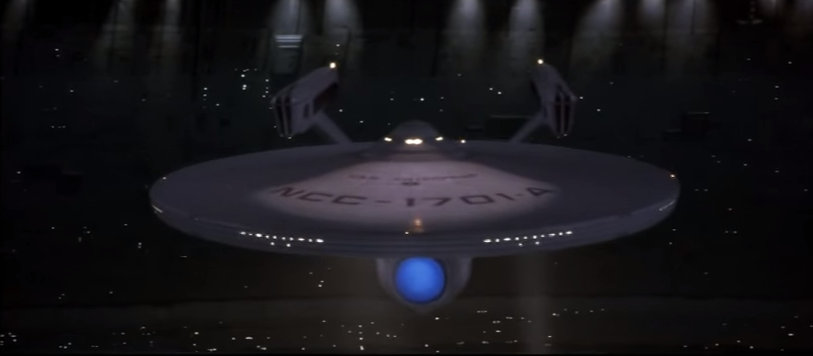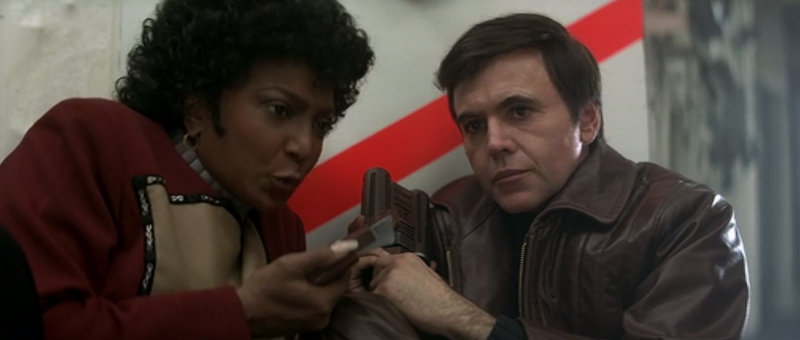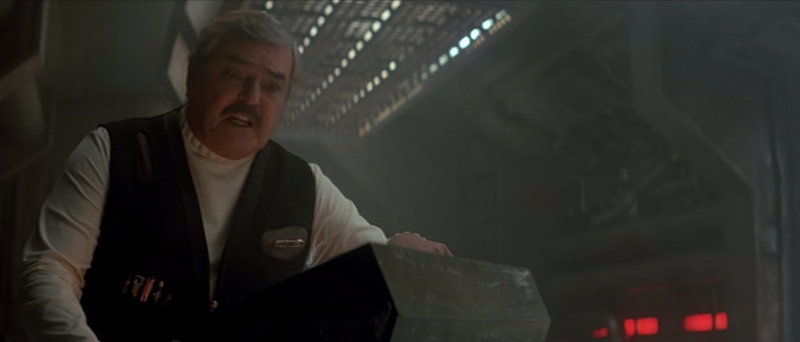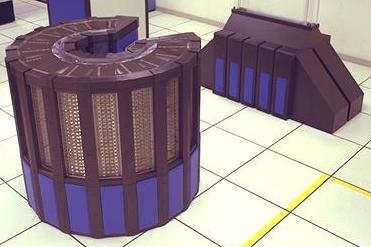Many thanks to SWLing Post reader and author, DM Barrett (N4ECW), who recently shared the following press release which features his latest book:
FOR IMMEDIATE RELEASE
EQUINOX Blends Science Fiction And Amateur Radio
1 May 2019 (Tampa, Florida)
A new science fiction narrative, EQUINOX, has taken amateur and shortwave radio into the cultural mainstream in its version of a limited alien invasion story line.
“It’s been quite a while since the world depended on amateur and shortwave radio as lifelines. In EQUINOX, both are critical for the success of The Resistance.” – DM Barrett, EQUINOX author
DM Barrett, callsign N4ECW, lives and breathes amateur radio. He is well known in the ham radio community having developed and manufactured several different specialized radio antennas through his former company, Transworld Antennas. He holds two earned doctorates with majors in law, economics, and religion.
The EQUINOX story line begins on a warm, slightly breezy day on Florida’s east coast as the vernal equinox marked the beginning of spring. Suddenly, there was a thunderous crash, a blinding light, and a vortex swirling in the blue Atlantic. The invading alien army arrived. The world surrendered. The Resistance made a stand.
When the science fiction novel was recently released as a Kindle Unlimited eBook, it moved steadily into Amazon’s top ten science fiction eBooks in the United States, United Kingdom, Germany, Canada, and Australia. After only a few days, the paperback version of EQUINOX was ranked in Amazon’s top third for science fiction paperbacks.
DM Barrett may be contacted at [email protected] or by text to 931-239-3760.
EQUINOX and other books by DM Barrett can be ordered online through Kindle, Amazon, and Barnes & Noble.
If you are a radio amateur or shortwave enthusiast, or you are just interested in the topics, don’t miss the chance to join others that are enjoying the science fiction novel, EQUINOX.
I have been sent a paperback preview copy of Equinox and plan to read it in the coming weeks.
Equinox can be purchased from the following retailers:
- Amazon.com paperback $14.95 and Kindle eBook $2.45 or free via Kindle Unlimited (affiliate links)
- Barnes & Noble (paperback $14.95 and Nook eBook $2.49)
Also, the author notified me that there are a limited number of paperback copies available on eBay for $14.95. These copies are a First Printing and are autographed by the author. Click here to view on eBay.

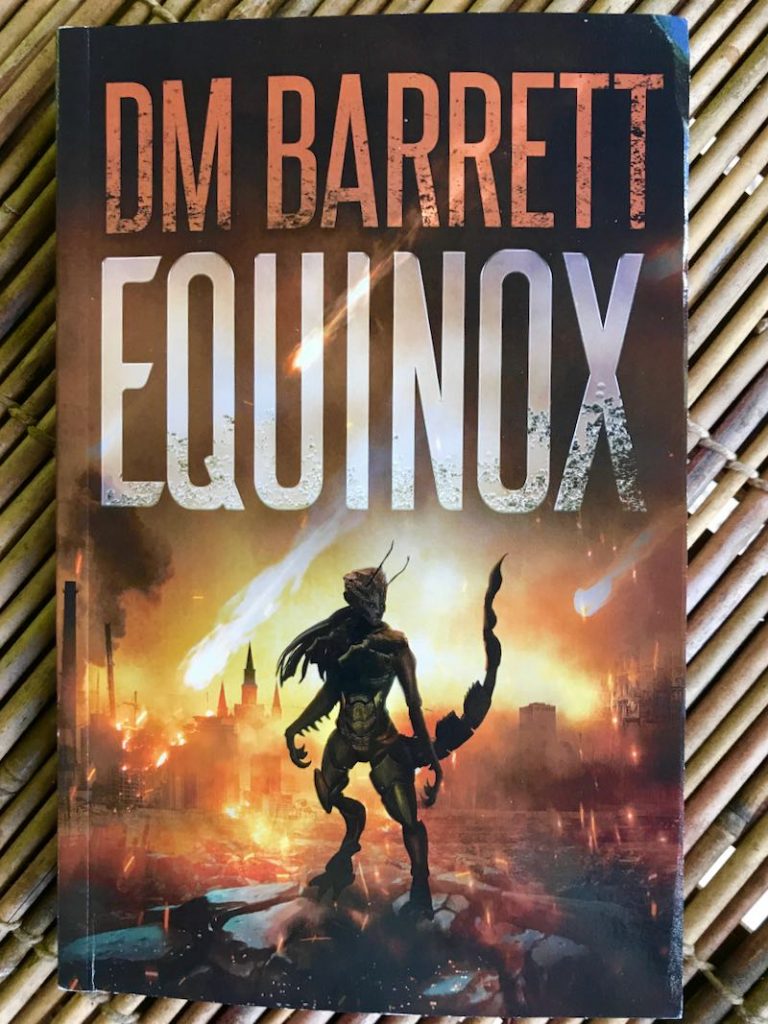
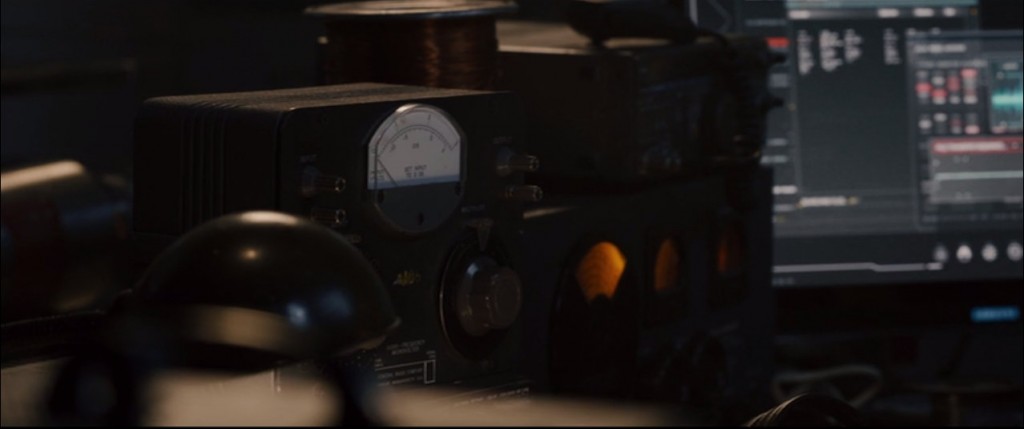
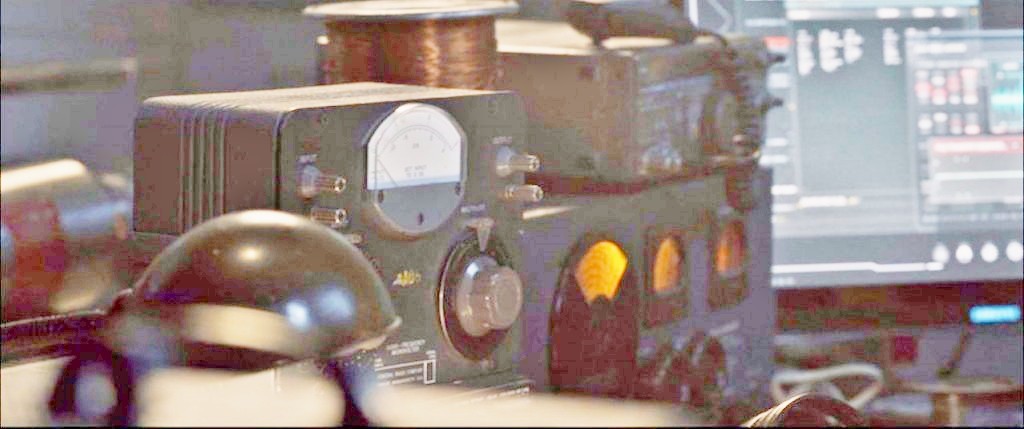
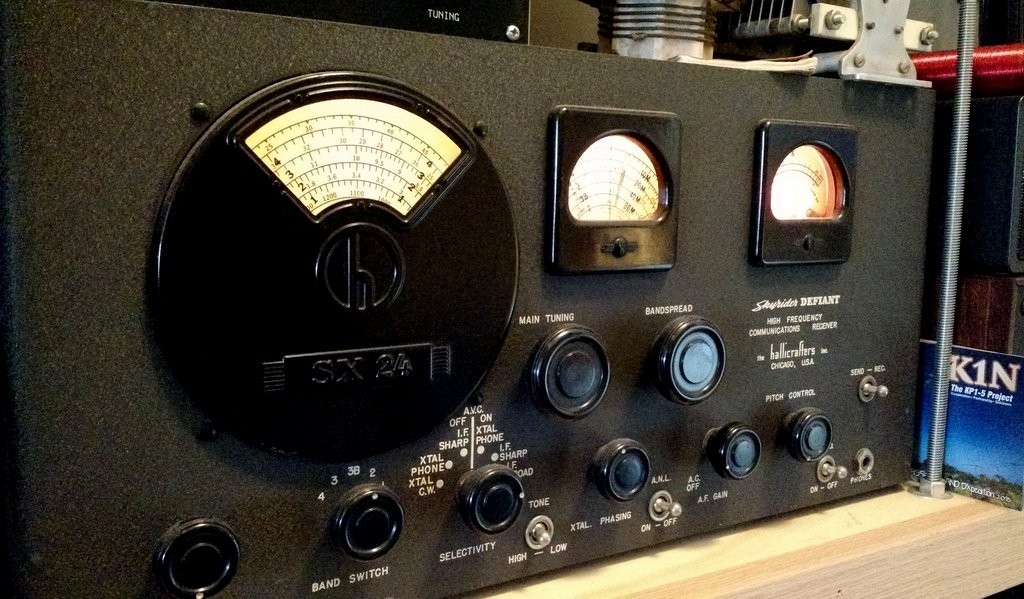
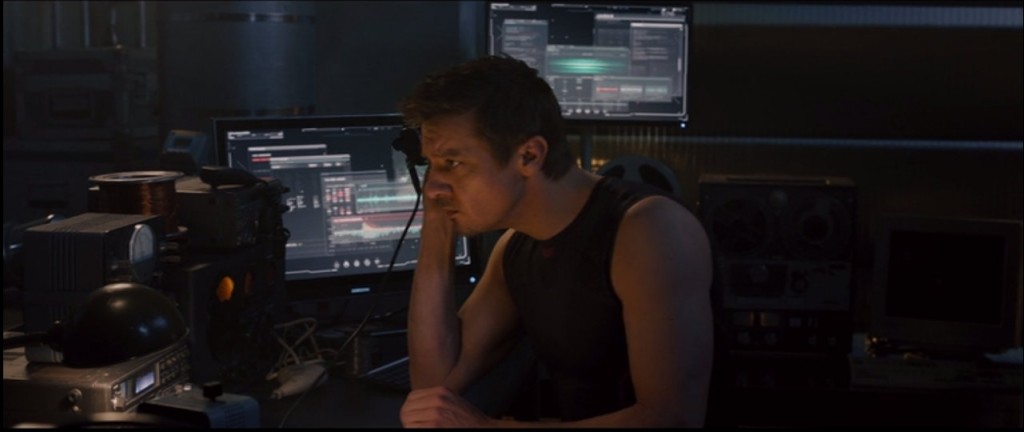 With the recent posts about shortwave radio in films (
With the recent posts about shortwave radio in films (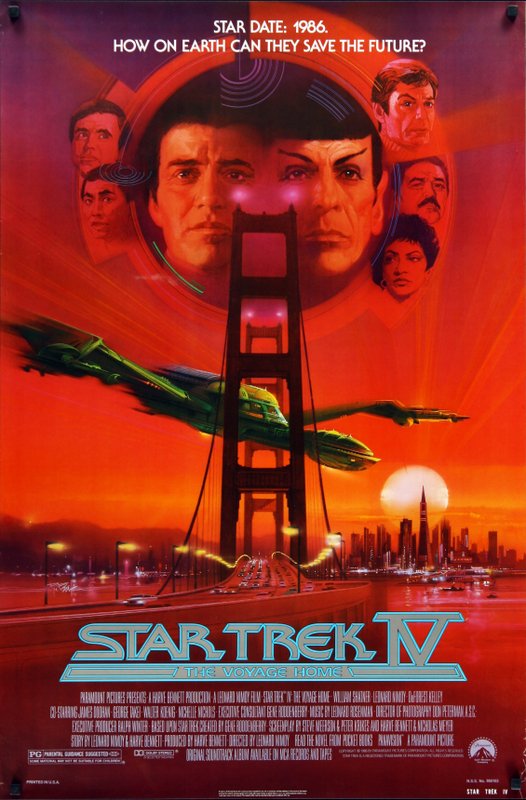 In response to
In response to 